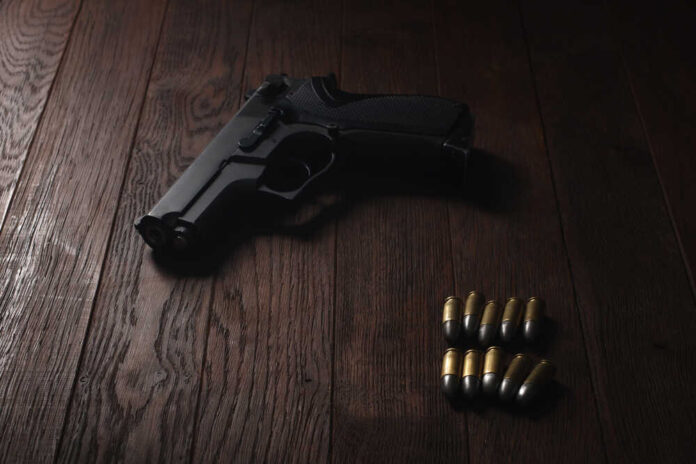
(DCWatchdog.com) – In a move that may or may not find support among Second Amendment activists, Joe Biden’s Department of Justice (DOJ) has lent its support to a contentious measure prohibiting marijuana users from possessing firearms, citing concerns over the likelihood of such individuals responsibly handling guns while under the influence of drugs.
In a detailed brief to the Third Circuit Court of Appeals, the DOJ argued that this ban aligns with the United States’ historical approach to firearm regulation. This stance is grounded in precedent, which has previously endorsed the disarming of individuals under the influence of alcohol, those considered dangerous or suffering from mental illness.
The DOJ’s position comes in response to the Fifth Circuit’s judgment in a related case, which it believes incorrectly concluded that historical context would only justify disarming individuals actively impaired by substances.
The brief references the case of Erik Matthew Harris, a recreational marijuana user, highlighting his claim of losing a firearm, potentially at a bar, on the same evening he consumed marijuana and alcohol.
The DOJ emphasized, “Users are unlikely to put their guns away before using drugs and retrieve them only after regaining lucidity.” It further questioned the feasibility of enforcing a policy that allows for firearm confiscation solely during the period of intoxication.
Charged under a statute that forbids firearm possession by anyone unlawfully using or addicted to controlled substances, Harris challenged this view in his brief. He contended that there is no established scientific consensus equating habitual or regular adult marijuana use with mental illnesses or cognitive impairments akin to schizophrenia.
Furthermore, Harris’ submission argued that there was no historical precedent at the time of America’s founding for disarming individuals based on mental illness, cognitive impairments, or the potential development of such conditions due to their behavior.
The court had requested input from the involved parties on the question of whether “habitual ingestion of regulated substances, including marijuana, is analogous to or triggers conditions analogous to schizophrenia or other mental illnesses or cognitive impairments,” as per the briefs.
In its August ruling, the Fifth Circuit majority contrasted the historical treatment of the mentally ill, who were institutionalized and disarmed, with that of alcoholics, who were allowed to own firearms when sober.
















